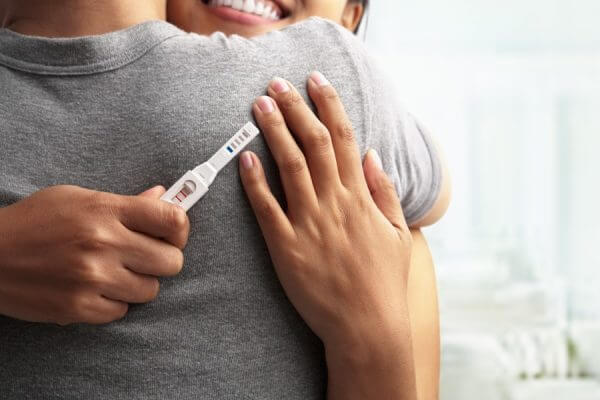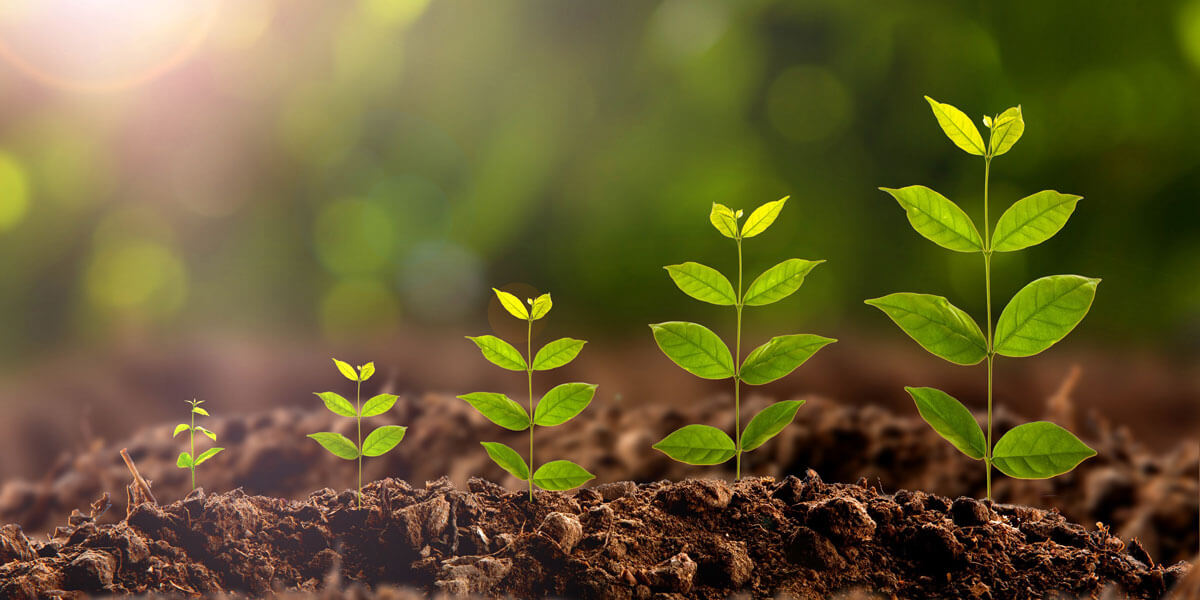Traditional Chinese Medicine has been used to treat infertility both for men and women for a few thousand years.
The researchers find out that patients who received IVF acupuncture in these trials had greater pregnancy rates than those who did not.
The aim of treatment while trying to increase fertility is to improve blood flow to the ovaries and endometrium.

From Chinese Medicine and Acupuncture treatment may help with:
- Improve the function of the ovaries to produce better quality eggs and thicken the uterine lining
- Reduce the side effects of drugs used in IVF
- Help with emotions such as anxiety and stress
- Improve the quality of sperm
- Regulate fertility hormones for follicle development and increased implantation, for e.g. FSH, LH, and Oestrogen
- Promote successful implantation
DIFFERENT STAGE OF IVF & ICSI TREATMENT
1. Preparing the body for IVF or ISCI
Before trying to get pregnant, it is important to ensure that the body is ready.
Get Chinese medicine treatments 2~3 months prior to IVF is recommended to prepare the body for treatment and to ensure that both partners are in their optimum state of health and healthy lifestyle.
However, if you missed this window, do not worry, we will work out the treatment plans for you.
Acupuncture and Chinese herbal medicine may improve the menstrual cycle and promotion ovulation, regulating hormones and improve sperm quality and quantity.
There are also many cases that patients got naturally pregnant before starting or during the breaks of IVF with the help of Chinese medicine treatments.
Because IVF procedure could be a stressful time for couples, Chinese medicine may help the body to relax and calm the mind.
2. During the stimulation phase
Chinese medicine may help increase the effectiveness of ovaries respond better to the stimulation drugs by producing more follicles and maintain healthier eggs.
It may also thicken the lining of the uterus to prepare for the transfer of embryos and increases the chances of a successful implantation of the embryo.
Reduce the side-effects of the drugs.
3. After Egg collection
After the egg collection, traditional Acupuncture may reduce local tissue trauma to create a suitable environment for the arrival of an embryo.
Due to the hormone level are still very high and the empty follicles often fill up with fluid in which your ovaries become swollen and abdominal cramping, rapid weight gain, vomiting, breast soreness and shortness of breath. A small number of women may develop Ovarian hyperstimulation (OHSS) at this stage, Acupuncture or Chinese herbal medicine may help to relive those symptoms quickly.
Increasing blood flow to the uterus, and increasing the thickness of the uterine lining.
4. On the day of embryo transfer
On the day of the embryo transfer, it is important for the uterus to be in good condition for a successful implantation.
Acupuncture treatment on this day may help relax the uterus and increase its blood flow, creating better conditions to help increase the chance of a successful implantation.
The research suggests that two acupuncture treatments on the day of embryo transfer may signifimaytly increase natural fertility rates.
5. After embryo transfer (Before the pregnancy test)
Acupuncture and traditional Chinese medicine may influence blood flow to the uterine lining and helps encouraging implantation process.
Calm the mind for relieving stress and anxiety.
6. If you successfully get pregnant
You may still do Acupuncture or taking Chinese herbal medicine to stimulate blood flow to the blastocyst, Acupuncture helps to maintain the health and strength of the blastocyst-corpus-luteum relationship, which may maintain the proper level of progesterone.
After 6 weeks, the placenta takes over the role of secreting progesterone. The Chinese medicine treatments may increase blood flow to the placenta for protecting and nourishing your growing baby.
References:
1. Mayo Clinic (2021) In vitro fertilization (IVF). Retrieve from https://www.mayoclinic.org/
2. Xie Liangzhen et al (2020) Chinese herbal medicine for assisted reproduction technology. Retrieve from https://journals.lww.com/md-
3. Fan Qu et al. (2012) Does acupuncture improve the outcome of in vitro fertilization? Guidance for future trials. Retireve from https://www.sciencedirect.com/

